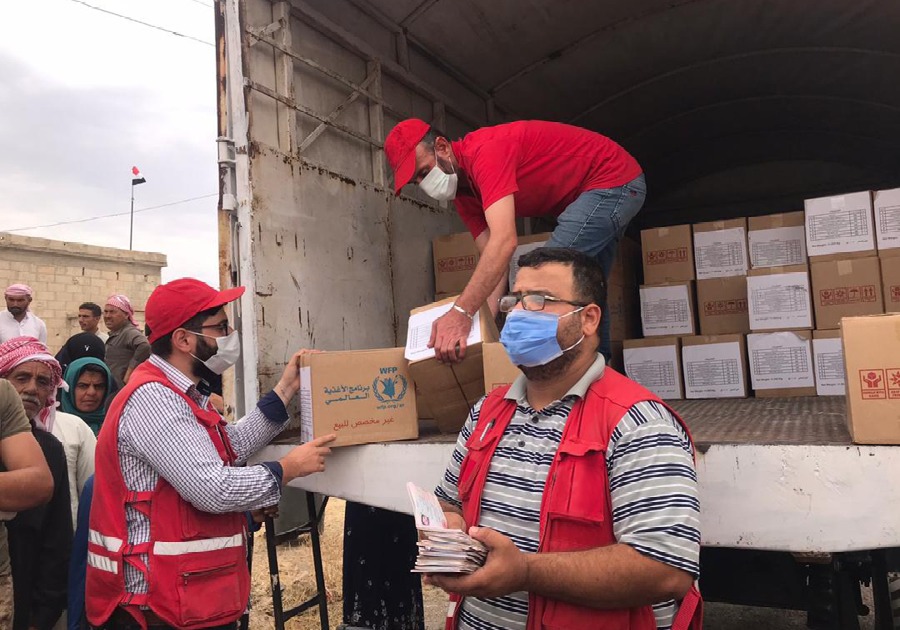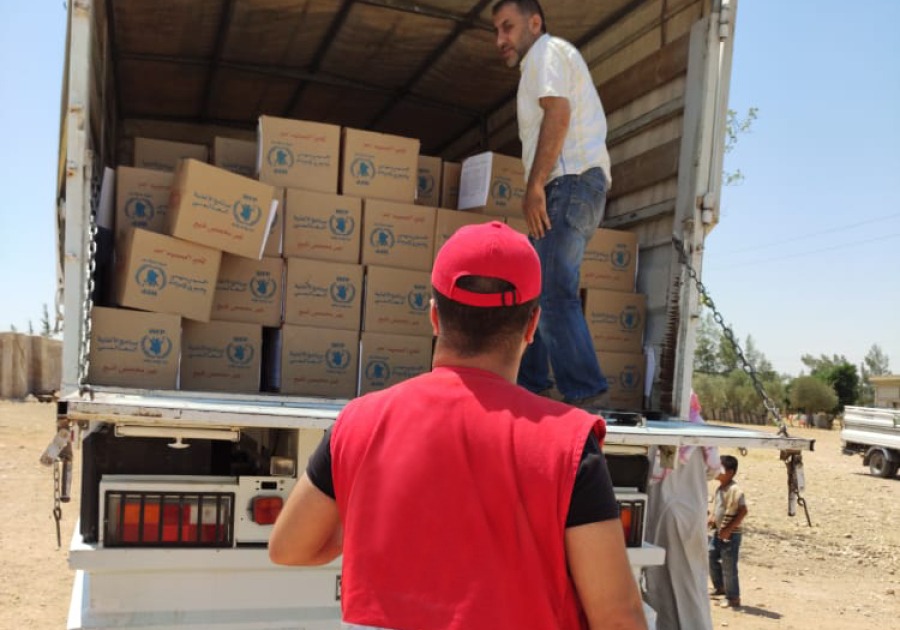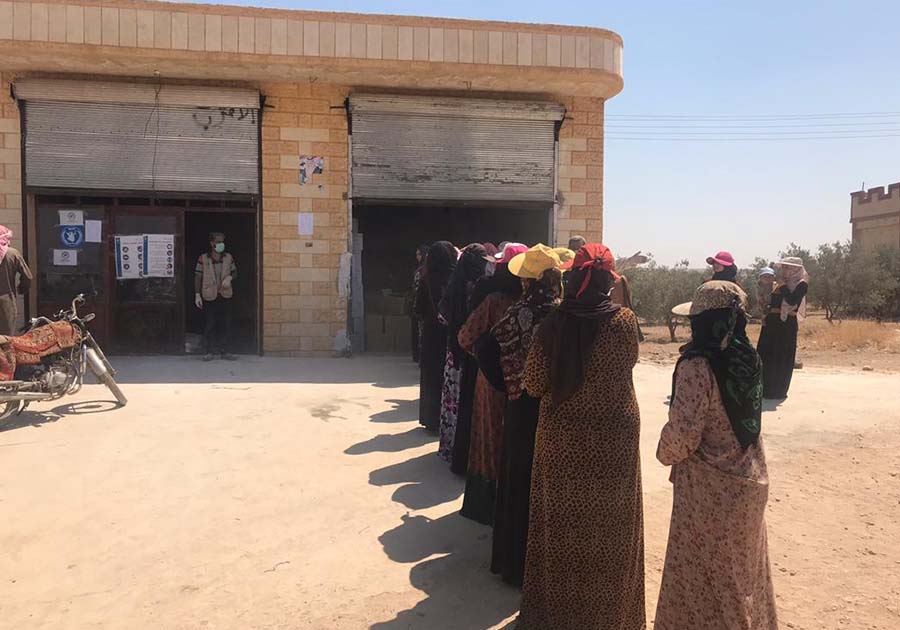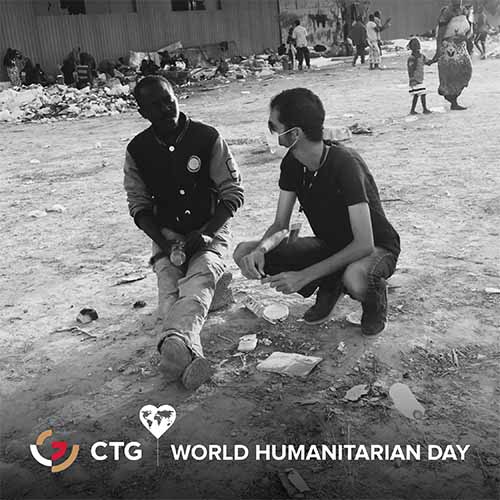Syria Sahm Kanou
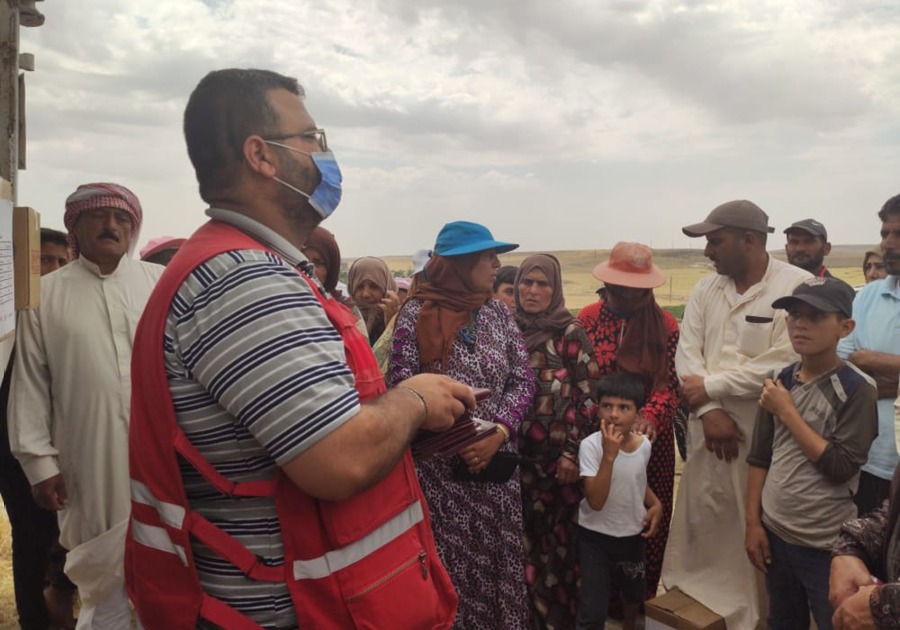
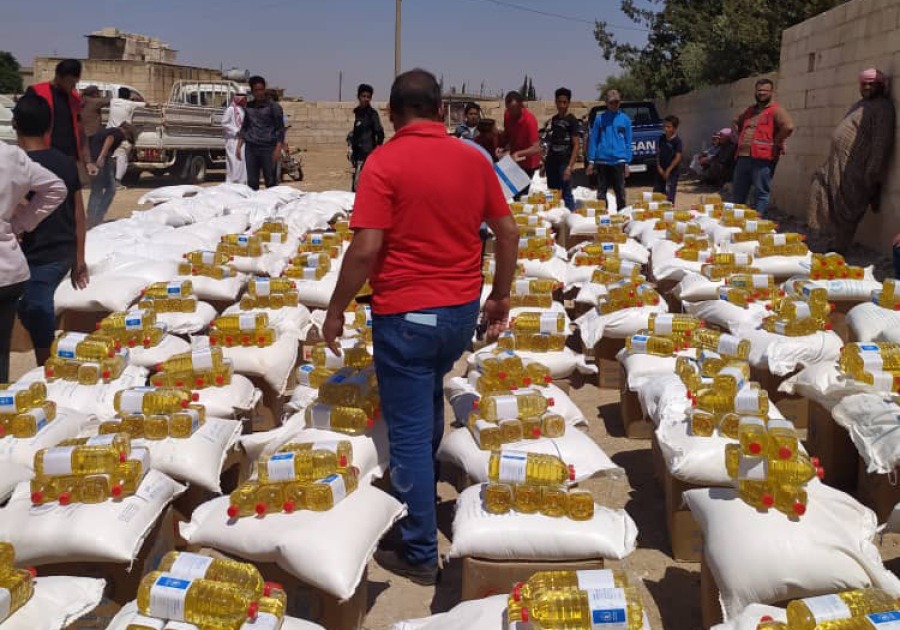
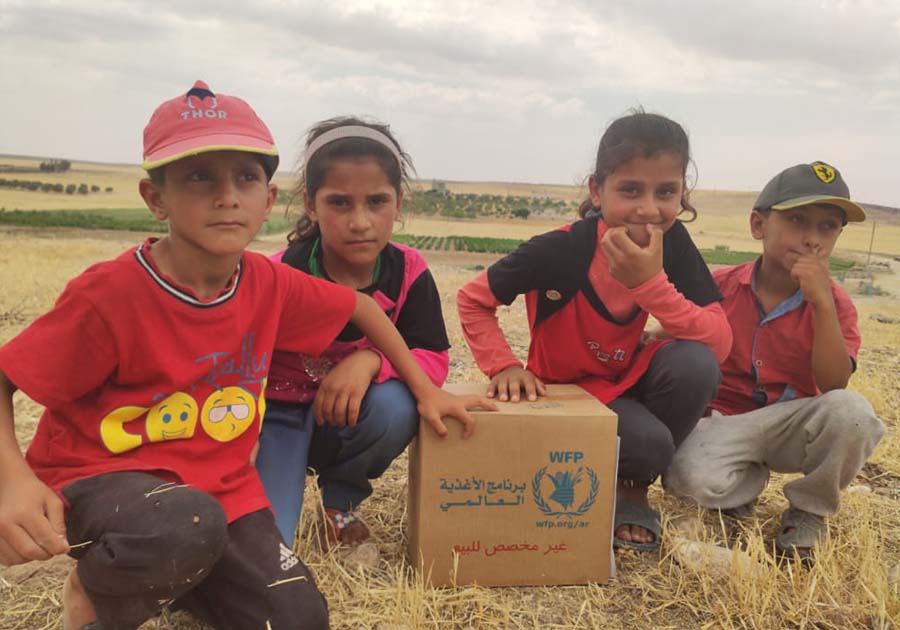
When I see the emotional response and the gratitude to our assistance, it's a moment of pure pleasure that makes all the hard work and problems disappear.
When I started my career in the humanitarian sector, I participated in projects on the ground and delivered assistance without monitoring the process. We had many problems and challenges in our day-to-day lives, and lots went wrong. Now I work in a department where there is lots of activity, but my role means that I can now monitor the process and make sure the most vulnerable people are getting the right assistance. I head out with my team to monitor the distribution of food to vulnerable groups such as women and children in the north of Syria. My role involves monitoring the quality of the goods that are being distributed as well as the quality of the distribution process itself. I do what I can to assess the situation and assess the impact of the delivery of assistance. Even when it comes to the danger aspect of the work – like going to an unknown area – I enjoy the excitement and the adventure of being involved with such important operations.
After Covid-19 hit, we placed more focus on the implementation of safety measures such as constantly wearing masks and implementing more sanitising methods during deliveries. After a monitoring visit, we must identify the daily challenges we face in reaching remote points or dangerous areas. If the distribution staff have a problem or challenge in their work, we work with the field staff to help them avoid these problems in the future or to alleviate them completely. We report each monitoring visit and assess the outcome of these challenges to guide or improve future operations.
My job comes with many challenges like going into hard-to-reach areas that might be dangerous or getting completely lost. One memorable experience working in the field involved arriving at a location deep within a rural area which no one had really accessed before. The driver and I got completely lost for about two hours with no mobile devices, network, or people around us. When we arrived, we discovered this was an area that suffered great displacement. The number of beneficiaries was small, but when I reached the people at this station I was amazed by the response to our work. When I heard the group’s emotional response to the assistance and heard them offer up their gratitude, this simple act of assistance became a moment of pure pleasure that just made all the hard work and problems disappear. When I saw people respond so positively to our delivery, I was very proud of what we could achieve with this kind of assistance.
Another role I had with CTG was working on the psycho-social support team. I was focusing specifically on the issue of gender equality. I worked on men’s training concerning the concept of gender equality, as well as with the vulnerable people in the shelters and in the workstation. This issue continuously needs support, more awareness, and more advocacy to make those who oppose it, understand it. This is how we will change the traditions and customs that people have here.
In Syria, we have a lot of work to do to achieve gender equality, but in this line of work, we work on individual cases. In the future, we will need to advocate with both governmental and non-governmental organisations to continue to highlight its importance.
Outside of my work with CTG, I am a volunteer for a local association for disabled children. I work with them twice a week after work; other than that, I spend my time going out with my friends, eating a lot, and sleeping a lot. It’s exhausting work but it is my passion and I’m proud that I can contribute to the lives of others in this way.
